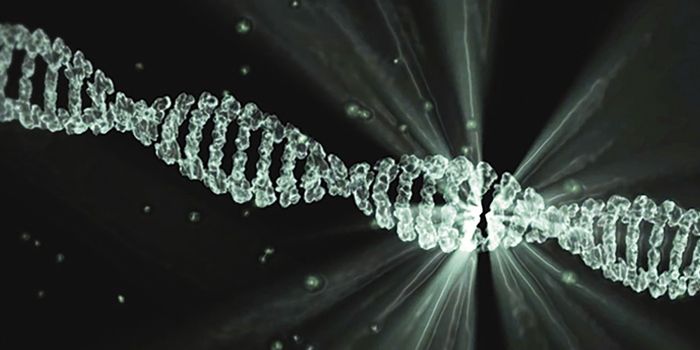A Molecular Connection Between Depression and Chronic Pain is IDed
The stress of chronic pain has been known to be associated with depression for many years, and scientists have been studying the basis of that connection. Reporting in The Journal of Neuroscience, researchers at Hokkaido University have uncovered a molecular link. This work can now aid in the development of therapeutics that can treat those conditions.
"Clinicians have known for a long time that chronic pain often leads to depression. However, the brain mechanism for this was unclear," noted study author Professor Masabumi Minami of Hokkaido University.
In this study, the researchers used a rat model to assess how neurological pathways were impacted by chronic pain. While there are obviously many differences, rodents are still considered one of the best ways to study some aspects of human physiology. The scientists were able to use electrophysiology techniques to measure how the electrical characteristics of neurons were impacted by four weeks of chronic pain.
The scientists determined that pain triggered changes in an area of the brain called the bed nucleus of the stria terminalis (BNST) that projects to the ventral tegmental area (VTA). Neuronal signaling that’s mediated by a neuropeptide called corticotropin-releasing factor (CRF), which plays a role in fear and anxiety, was enhanced in the BNST of animals experiencing chronic pain. Increased CRF signaling suppressed an area of the brain that is stimulated by rewards and causes feelings of motivation and pleasure. This suppression is also thought to be a factor in depression.
"By clarifying the mechanism by which the brain reward system is continuously suppressed, we found the missing link between chronic pain and depression," said Masabumi Minami.
When the researchers exposed the rats to a drug that stopped excessive CRF signaling, there was an increase in the activity of neurons that release dopamine, a neurotransmitter that is involved in the brain’s reward system.
"These findings could not only lead to improved treatment of emotional aspect of chronic pain, but also to new therapeutics for depressive disorders," added Masabumi Minami.
Learn more about the physiological connection between pain and depression from the video above.
Sources: AAAS/Eurekalert! via Hokkaido University, The Journal of Neuroscience









